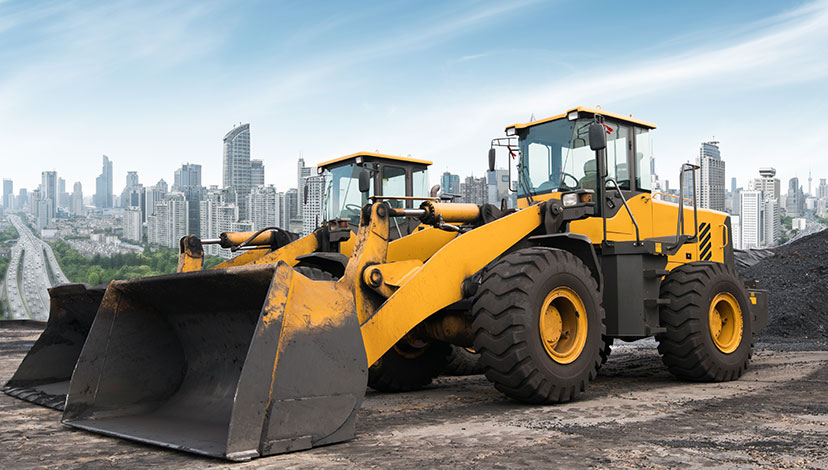
Soil Testing Lab Equipment’s
Soil Testing Lab Equipment refers to a range of instruments and machines used to test the physical and engineering properties of soil. These tests help engineers understand how the soil will behave under different conditions—such as during construction, under load, or when exposed to water.
This information is crucial in determining the foundation type, load-bearing capacity, soil strength, and overall suitability of a site for construction.
🧪 Common Soil Testing Lab Equipments and Their Use
Here’s a breakdown of the essential tools used in a soil testing lab:
1. Proctor Compaction Test Apparatus
-
Purpose: Measures the optimum moisture content at which soil achieves maximum density.
-
Use: Foundation design, road construction.
2. CBR (California Bearing Ratio) Test Apparatus
-
Purpose: Determines the load-bearing capacity of soil.
-
Use: Pavement and road subgrade design.
3. Triaxial Shear Test Apparatus
-
Purpose: Measures shear strength under simulated field conditions.
-
Use: Foundation and slope stability analysis.
4. Direct Shear Test Machine
-
Purpose: Tests soil shear strength under direct load.
-
Use: Retaining wall design, slope analysis.
5. Unconfined Compression Tester
-
Purpose: Determines compressive strength of cohesive soils.
-
Use: Soil stability, embankments.
6. Atterberg Limits Devices
-
Liquid Limit Device
-
Plastic Limit Test Set
-
Purpose: Identify soil consistency and classify soil types.
-
Use: Soil classification in field and lab.
7. Permeability Apparatus
-
Constant Head / Falling Head Permeameter
-
Purpose: Measures how easily water flows through soil.
-
Use: Drainage and seepage studies.
8. Hydrometer and Sedimentation Analysis Kit
-
Purpose: Determines particle size distribution in fine soils.
-
Use: Soil classification, clay/silt analysis.
9. Sieve Shaker and Sieve Set
-
Purpose: Grain size distribution analysis for coarse soils.
-
Use: Foundation, road base, and fill material studies.
10. Sand Cone Apparatus / Core Cutter
-
Purpose: Field density test to assess compaction on-site.
-
Use: Roadwork and earthwork quality checks.
✅ Why Are These Equipments Important?
-
Foundation Design: Helps in choosing the right type of foundation.
-
Soil Classification: Helps understand soil types and behavior.
-
Site Feasibility: Ensures a site is suitable for safe construction.
-
Quality Control: Ensures soil compaction and strength meet required standards.
🌍 Where Are They Used?
-
Civil Engineering Labs (colleges, universities)
-
Construction Sites
-
Geotechnical and Soil Testing Laboratories
-
Infrastructure & Mining Projects
-
Environmental Studies